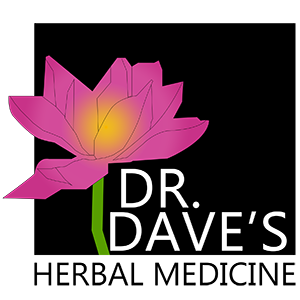It's Autumn. Why am I Having Allergies and Hay Fever?
Most people think of hay fever as a springtime problem. After all, that's when the pollen flies. But fall can be just as hard on allergy sufferers as can spring.
Fall brings its own set of allergens which can cause the telltale signs of hay fever; runny nose, sneezing, post nasal drip, sore throat and itchy, watery eyes. Weed pollens are prevalent during the fall. Ragweed, sage brush and tumbleweed (plants common to the Rocky Mountains) are sending their pollen out into the air right now. If you suffer from spring allergies there's a good chance you will react to these as well.
A second allergen present in the fall is mold. All those colorful fall leaves at which we love to peep float to the ground where they begin to decay. Raking and walking through them sends spores floating into the air and we breathe them in.
Whether you breathe in weed pollen or mold spores, your body reacts the same way. It detects an intruder and mounts a defense. These allergens trigger a histamine reaction. Parts of the body begin to swell and itch. Eyes water, noses run, sneezing commences. You feel uncomfortable.
What can be done to alleviate your suffering?
Washing hands, not rubbing your eyes and changing clothes can help keep allergens at bay. Wearing a mask when raking leaves or doing other yard work will keep you from inhaling mold spores.
Herbal remedies and over the counter medicine can be effective for treating allergies by drying mucous. However, if you live in a climate which is already dry, you must be careful not to dry phlegm too strongly. Even though this may dry the mucous and you may feel better initially, it will also dry your nasal passageways, making you more susceptible to allergens the next time they are encountered.
At Dr. Dave's, we address this predicament by formulating our remedies to moisten dryness while simultaneously attending to the problem at hand. Our Allergies Away addresses symptoms such as sneezing, runny nose and itchy, watery eyes while also moistening the nasal mucosa, thereby stopping an allergy attack while keeping the nasal passageways moist.
Moistening the nasal passageways may sound counter-intuitive considering your nose and eyes are running like crazy right now. However, the respiratory passageways need to be moist and supple to do their job properly, just like leather needs to be oiled so it doesn't crack. The moistening herbs allow your nasal tissues to function normally, thus allowing your body to react less strongly to the pollen and mold in the air.
So if you suffer from fall allergies, try something different this time around.
